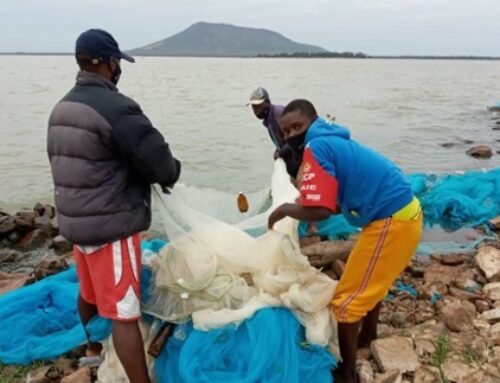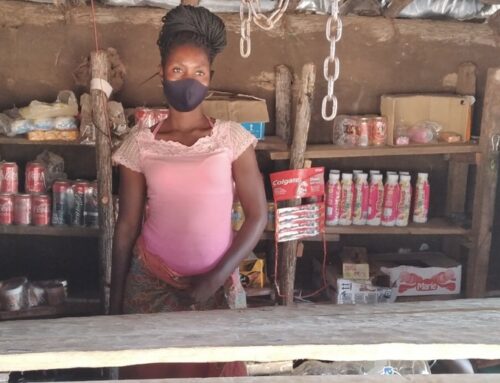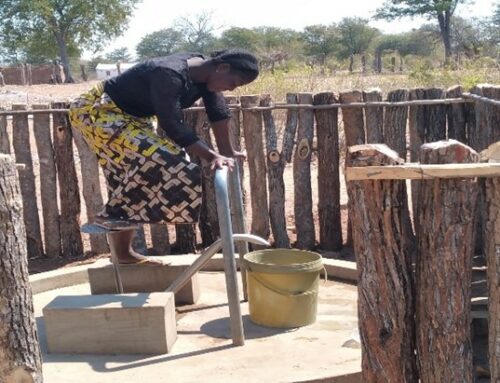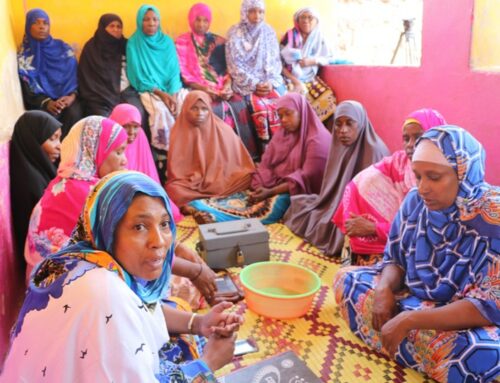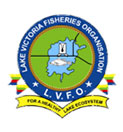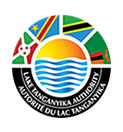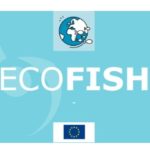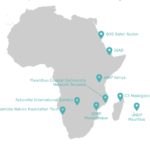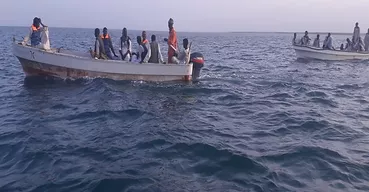 The traditional livelihood strategy of the indigenous community of Red Sea State, Sudan–which mainly consisted of livestock rearing and agriculture–, has been undermined by the impact of drought and conflict. It is no longer adequate to ensure household food security.
The traditional livelihood strategy of the indigenous community of Red Sea State, Sudan–which mainly consisted of livestock rearing and agriculture–, has been undermined by the impact of drought and conflict. It is no longer adequate to ensure household food security.
The massive loss of resources that people experienced during the famines of the 1980s and 1990s resulted in people not only being dependent on NGOs, but also being vulnerable to future disasters. Animals were sold to pay for food, resulting in a reduction in animal holdings, which led to households being less able to cope with the impact of drought…
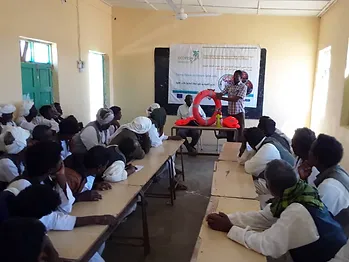 Poverty in the Red Sea State has also increased the vulnerability to food insecurity of a substantial portion of the population. This led to people eking out their living under difficult and unstable conditions. This gave light to alternative strategies, whereby people started to rely increasingly on other sources of income, namely labor migration and the sale of firewood and charcoal.
Poverty in the Red Sea State has also increased the vulnerability to food insecurity of a substantial portion of the population. This led to people eking out their living under difficult and unstable conditions. This gave light to alternative strategies, whereby people started to rely increasingly on other sources of income, namely labor migration and the sale of firewood and charcoal.
Unfortunately, these alternatives cannot be sustained in the long run: job opportunities are shrinking in Port Sudan due to the mechanisation of the port, and firewood cutting or charcoal making cannot be sustained without serious environmental impacts.
Bearing this situation in mind, SOS Sahel Sudan lends a helping hand to local communities. The organisation encourages them to adopt resilient coping strategies, and convinces them to invest in unexploited fisheries resources in Sudanese coast line which stretches for 750 kilometres. Indeed, this activity is mostly artisanal and considered underdeveloped there, indicating a clear potential for developing the existing artisanal fisheries.
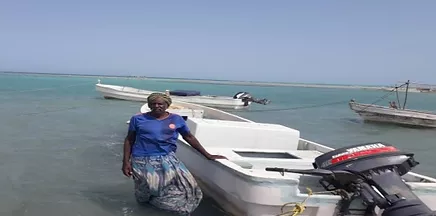 Hamad Mohammed Hamad, Senior fisherman from Mohammed Gol village, says: “Before the ECOFISH project, we used to fish in shallow waters for local consumption and food security. Now, however, with support of the project we are able to fish in deep water. Our production and income will definitely increase”. Hamad is expecting a great impact on fishermen from the ECOFISH Programme, whether it is in terms of offering adequate inputs and technologies to change fishing business in the area for a better future, or to encourage more young people to join the fishing business.
Hamad Mohammed Hamad, Senior fisherman from Mohammed Gol village, says: “Before the ECOFISH project, we used to fish in shallow waters for local consumption and food security. Now, however, with support of the project we are able to fish in deep water. Our production and income will definitely increase”. Hamad is expecting a great impact on fishermen from the ECOFISH Programme, whether it is in terms of offering adequate inputs and technologies to change fishing business in the area for a better future, or to encourage more young people to join the fishing business.
